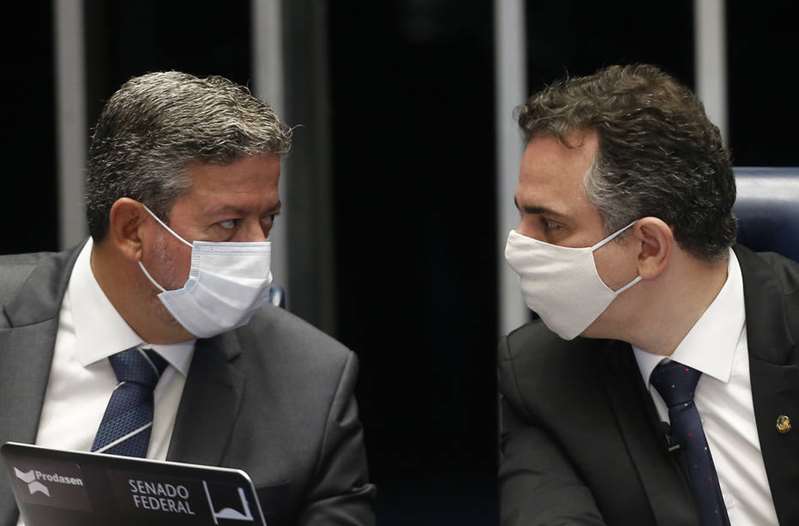“Families must be vigilant to ensure that their interests are protected efficiently and safely,” says expert
Succession planning, which is essential for preserving family assets, is about to undergo significant changes in Brazil. Proposed changes to the Civil Code (Law No. 10,406/02) promise to bring new challenges and opportunities for managing family assets, with a direct impact on the protection and continuity of these assets across generations. According to Mariana Andrião, a lawyer specializing in Business Law and a Family Office consultant at Evoinc , “families must be aware of the changes to ensure that their interests are protected efficiently and safely.”
Among the most relevant changes, the introduction of unilateral divorce and “post mortem divorce” stands out, which facilitate the dissolution of marriage and ensure that heirs can continue the process even after the death of one of the spouses. “These changes avoid lengthy litigation and inheritance disputes, ensuring that family assets are transferred quickly and in accordance with the deceased’s wishes,” says Andrião. Such measures reinforce the need for an immediate review of estate planning strategies to avoid unpleasant surprises in the future.
Another highlight is the proposal to revoke the mandatory separation of assets for the elderly, which restores patrimonial autonomy to this group. Mariana Andrião notes that “this change allows elderly couples to choose the property regime that best suits their needs, offering greater flexibility and personalization in the management and distribution of assets.” This change is seen as an advance in protecting the rights of the elderly, enabling more effective succession planning that is aligned with their true intentions.
Furthermore, the flexibility of property regimes and the possibility of creating atypical or mixed regimes represent a significant innovation in the legislation. “The ability to adapt the property regime to the specific needs of the family brings more security and clarity in the management of assets, especially in cases of stable unions or marriages with complex assets”, explains Andrião. This flexibility allows for more efficient estate planning, meeting the peculiarities of each family.
Finally, the exclusion of the spouse as a necessary heir requires a reassessment of asset protection strategies. “With this change, it will be crucial for couples without living descendants or ascendants to adopt new strategies, such as setting up trust funds or making donations during life, to ensure the well-being of the surviving spouse,” warns the lawyer. Updating succession planning, in light of these new guidelines, is essential to ensure that family assets are protected and transferred in accordance with the owners’ wishes.
Source : Mariana Andrião, lawyer specializing in Business Law, studying for an MBA in Agribusiness, is a Family Office consultant at Evoinc.
Jonas
Atendimento



